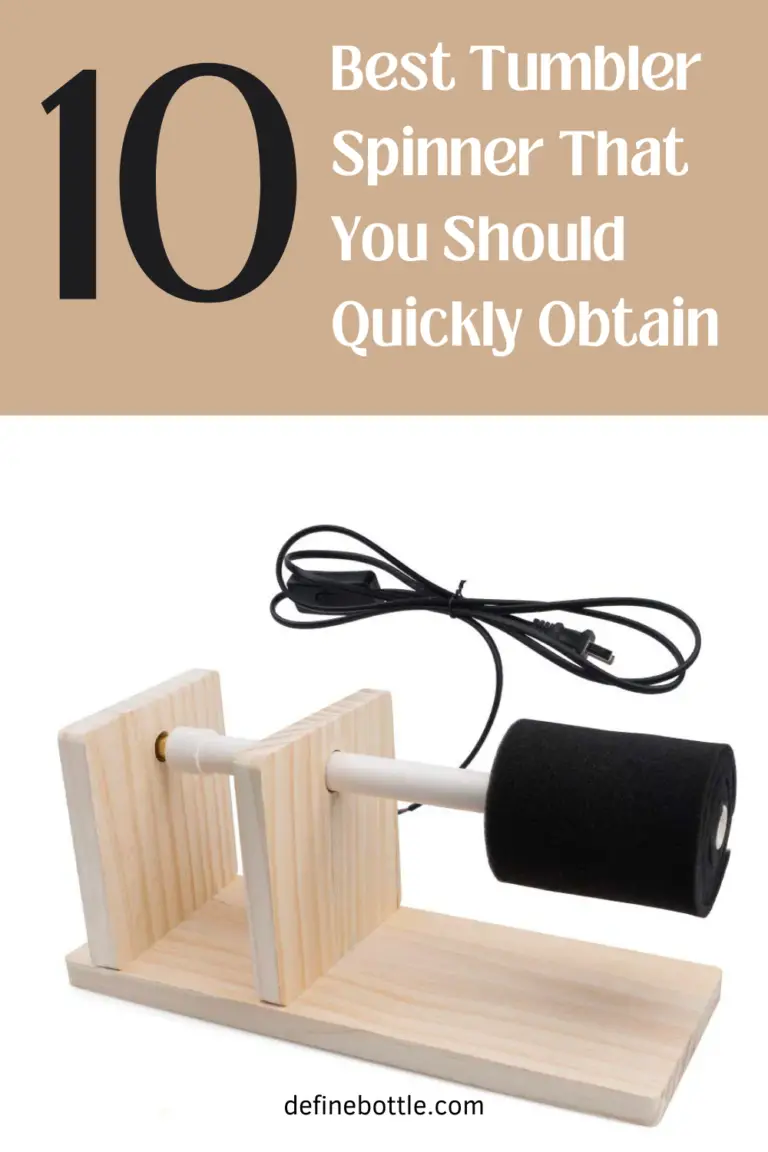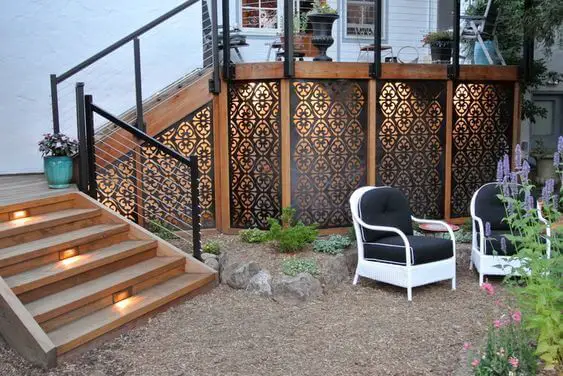Photo by Claudio Carrozzo on Unsplash
When the cold weather rolls in, keeping your home warm becomes a priority.
Effective and efficient radiators and heating systems are crucial for creating a cozy living space.
In this comprehensive guide, we will explore modern heating systems, traditional radiators and heating systems, and the maintenance and troubleshooting of these essential home appliances.
Contents
Embracing Modern Heating Systems
In recent years, heating technology has evolved significantly.
Modern heating systems are more efficient, environmentally friendly, and often more visually appealing than their older counterparts.
Understanding these systems helps homeowners make informed decisions on the most suitable option for their homes.
The Prowess Of Modern Radiators
Gone are the days when radiators were bulky and obtrusive. Today’s modern radiators are a synthesis of form and function.
They come in a variety of styles and materials, from sleek vertical units to decorative pieces that can add character to your space.
Furthermore, contemporary radiators are designed with efficiency in mind. They often use materials like aluminum, which heats up quickly and requires less water, thus consuming less energy.
Modern radiators often come with integrated thermostatic controls, allowing for easy and precise temperature management.
Underfloor Heating: The Invisible Comfort
Another innovative and increasingly popular choice is underfloor heating.
This system involves installing heating cables or pipes beneath the floor, ensuring an even distribution of heat throughout the room.
Underfloor heating is particularly valued for its comfort. As heat rises from the floor, it creates a cozy atmosphere without the need for any visible heating elements.
Underfloor heating systems are typically more energy-efficient as compared to traditional radiators, as they operate at lower temperatures while still effectively warming up the room.
Heat Pumps: Harnessing The Power Of Nature
Heat pumps represent a quantum leap in heating technology.
They work by extracting heat from the outside air or ground and using it to warm the air or water inside the home.
As they rely on a renewable source of energy, they are incredibly efficient and can significantly reduce your carbon footprint.
However, installation costs can be higher than other heating systems, so it’s essential to consider the long-term benefits and savings on energy bills.
The Timeless Appeal Of Traditional Radiators And Heating Systems
While modern heating systems are gaining popularity, traditional radiators and heating systems continue to hold a special place in many homes.
Their enduring appeal lies in their reliability, ease of use, and in some cases, a preference for a classic aesthetic.
Cast Iron Radiators: A Classic Choice
Cast iron radiators have been used for over a century and are still sought after for their traditional charm.
Besides their classic appearance, they are also prized for their ability to retain heat for longer periods compared to other materials.
This makes them particularly effective in larger rooms. However, they do take longer to heat up, and their weight requires a strong foundation for installation.
Baseboard Heaters: Simple And Effective
Baseboard heaters are a common sight in many homes.
These units are installed along the baseboards and use either electric resistance or hot water from a boiler to emit heat.
Baseboard heaters are simple, require little maintenance, and are fairly inexpensive to install.
While they are not as efficient as some modern heating options, they are a reliable choice for supplemental heating or in homes where the existing heating infrastructure supports them.
Boiler Systems: Tried And True
Central heating with a boiler is one of the most traditional methods of heating a home.
A boiler heats water and pumps it through pipes to radiators or baseboard heaters throughout the house.
Although boiler systems are not as efficient as some newer technologies, they are known for their reliability and durability.
They can be upgraded with modern controls and components to improve their performance.
Maintenance And Troubleshooting: Ensuring Optimal Performance
To ensure that your heating system operates efficiently and has a long life, regular maintenance and timely troubleshooting are essential.
A well-maintained heating system not only keeps your home warm but can also help save on energy bills.
Regular Inspection And Cleaning
Whether you have a modern or traditional heating system, regular inspection and cleaning are crucial.
For radiators, this includes checking for leaks and removing dust or debris that can accumulate and hamper performance.
For systems like heat pumps, professional inspection of components should be carried out to ensure everything is in working order.
Addressing Common Issues
Over time, you might face issues such as uneven heating, strange noises, or higher-than-usual energy bills.
For instance, air trapped in radiators can cause them to heat unevenly. In such cases, bleeding the radiators to release the trapped air can solve the issue.
Understanding common problems and their solutions can save you time and money.
Seeking Professional Help
While some maintenance and troubleshooting can be done independently, it’s important to know when to seek professional help.
Complex issues or repairs involving electrical or plumbing work should be handled by a professional to ensure safety and compliance with regulations.
Closing Remarks
In the realm of home heating, the choices are plentiful and diverse, ranging from the elegance and efficiency of modern radiators, underfloor heating, and heat pumps to the classic reliability of cast iron radiators, baseboard heaters, and boiler systems.
Each option comes with its unique set of benefits and considerations. It’s important to weigh factors such as energy efficiency, aesthetic preferences, and the size and layout of your home before making a decision.
Moreover, the lifespan and performance of your chosen heating system are closely linked to regular maintenance and proper troubleshooting.
Being proactive in maintaining your system, understanding common issues, and knowing when to seek professional assistance are key components in ensuring a consistently warm and inviting living space.
With thoughtful selection and diligent care, your heating system will serve as a bastion of comfort through the coldest days.






